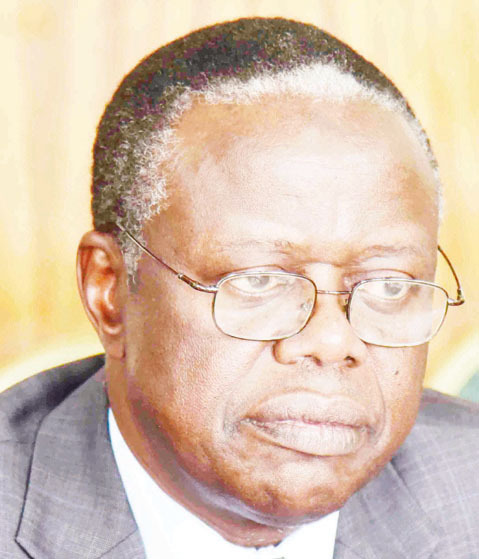Govt tipped on tax reforms to revive economy
Tax reforms aimed at reduction will boost local productivity by “availing cash flow for companies to expand and provide more jobs.

Economic and trade experts have asked the Government to consider making tax reforms that can boost productivity and accelerate consumption if Uganda is to recover from the impacts of the Covid-19 pandemic.
They said although the Government has already introduced measures, such as delaying payment of some taxes for selected sectors that were adversely affected by the pandemic, there is need for radical fiscal and monetary policies that would not only cushion the economy from effects of Covid-19, but also change the economic outlook of the country in the long run.
"The Government has a major role in the economy and responsibilities that require resources, but what we have to do is reduce some taxes, such as corporate tax rates from 30% to 20% and wave pay as you earn for six months," Makerere University Business School Principal, Prof. Waswa Balunywa said.
He said tax reforms aimed at reduction will boost local productivity by "availing cash flow for companies to expand and provide more jobs. Instead of heavily taxing a very small section of the population, which in the long run cripples business, reducing taxes will be attracting more businesses, which widens the tax base".
The appeal was made yesterday, during the 8th CPA Economic Forum organised by the institute of Certified Public Accountants of Uganda Balunywa said waving Pay-As-You-Earn (PAYE) for six months would mean that those who are still lucky to have jobs would have more purchasing power on consumables and social spending, which has a trickledown effect to those that have lost their employment due to Covid-19 effects.
Similarly, the chairperson of Kampala City Traders Association, Everest Kayondo, said: "Reducing taxes on some consumable taxes will mean an increment in disposable income, which has a net effect on aggregate demand to bring the economy back to its feet."
Besides the 30% corporate tax rate, Ugandans in different wage and income brackets shoulder PAYE rates ranging between 10% and 30%. Consumables that have stirred controversy include the Over the Top taxes on internet and social media usage.
The deputy secretary to treasury, Patrick Ocailap, said besides interventions to prevent the spread of Covid-19, the Government has put in place immediate fiscal and monetary policies, such as cutting on public expenditure substantial tax relief to the most affected sectors.
We will concentrate on financing Small and Medium Enterprises, especially the agro-based and link enterprises to innovative approaches.
In the 2020/21 national budget, the Government allowed companies to delay payment of corporation tax for three months, defer payment of PAYE for those most affected, until September, waived interest on tax arrears, expedite payment of outstanding VAT refunds, payment of domestic arrears and support to the utility sector.
This followed three sustained months of a national lockdown to curtail the spread of Covid-19. President Yoweri Museveni has, however, expressed optimism that Uganda's economy will recover quickly because whereas Covid-19 and measures to curb it affected what he described as the secondary economy — including the entertainment industry and import trade — the primary economy, such as agriculture and health, remained intact.
Balunywa said prior to Covid-19, Uganda's economy was bogged down by systematic poverty indicators, low productivity, high population growth and corruption which means that the Government has to more than double its efforts in addressing the challenges, if Uganda is to escape the pandemic effects